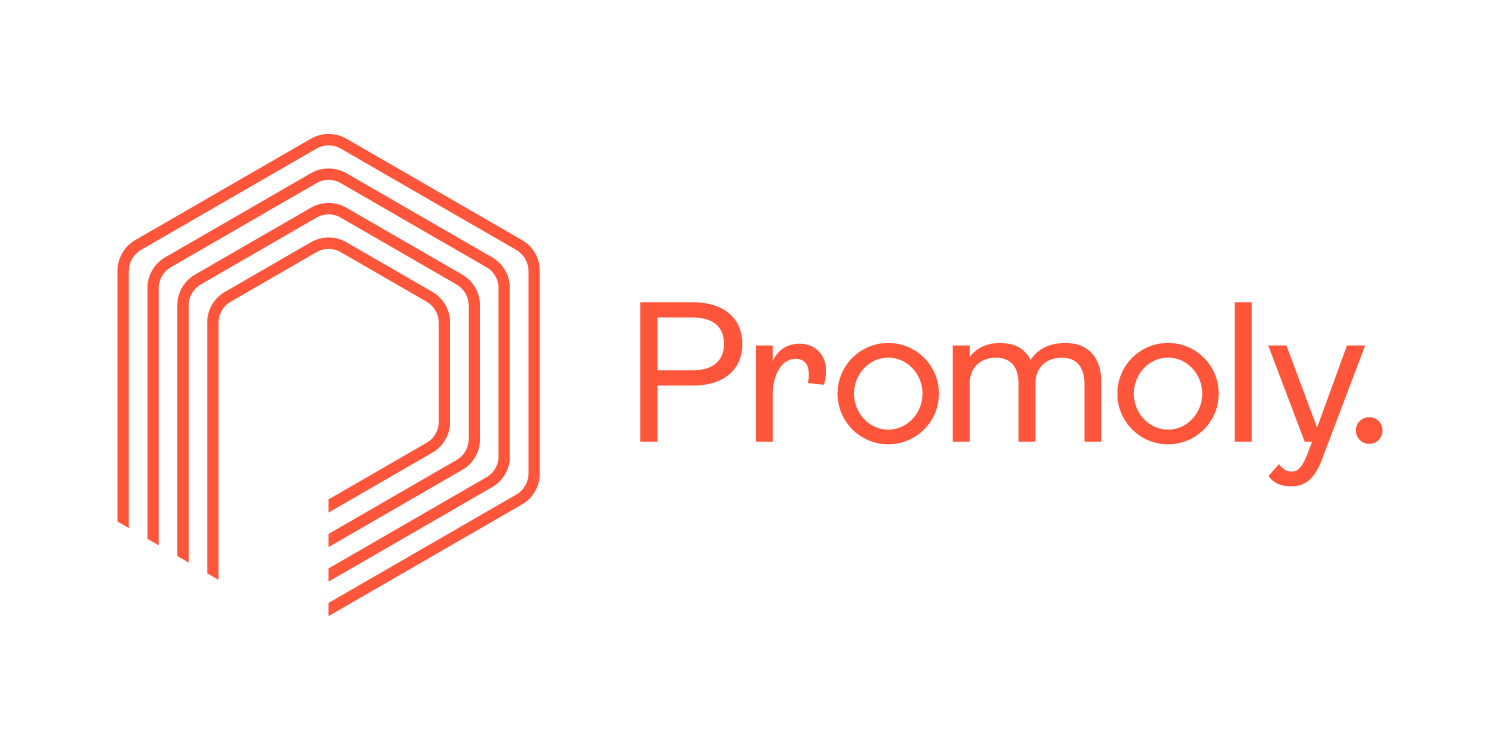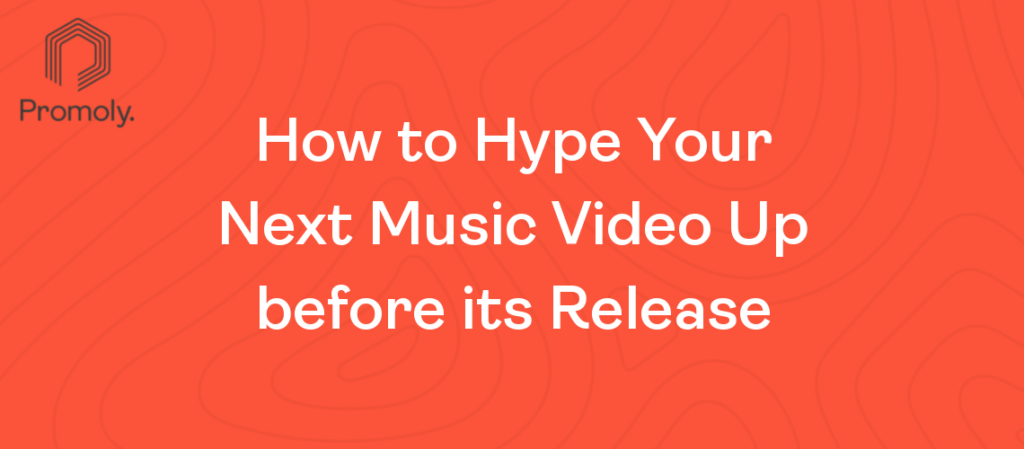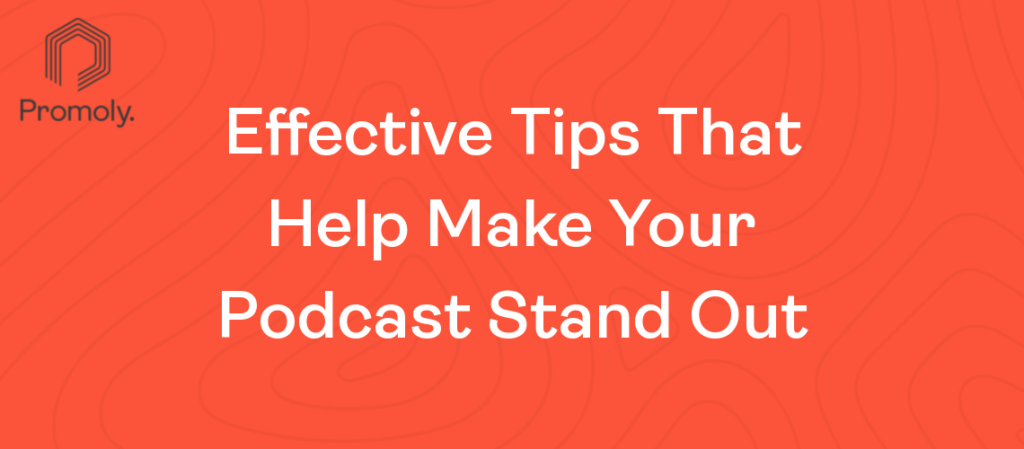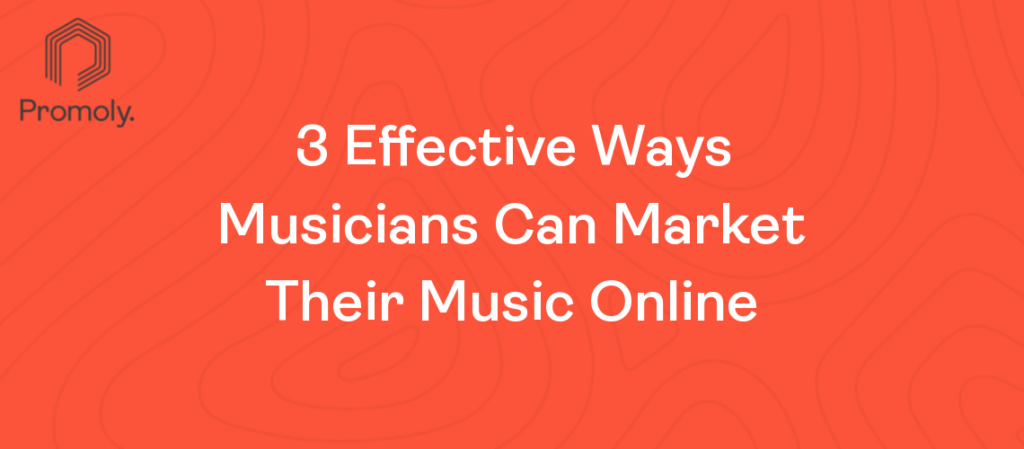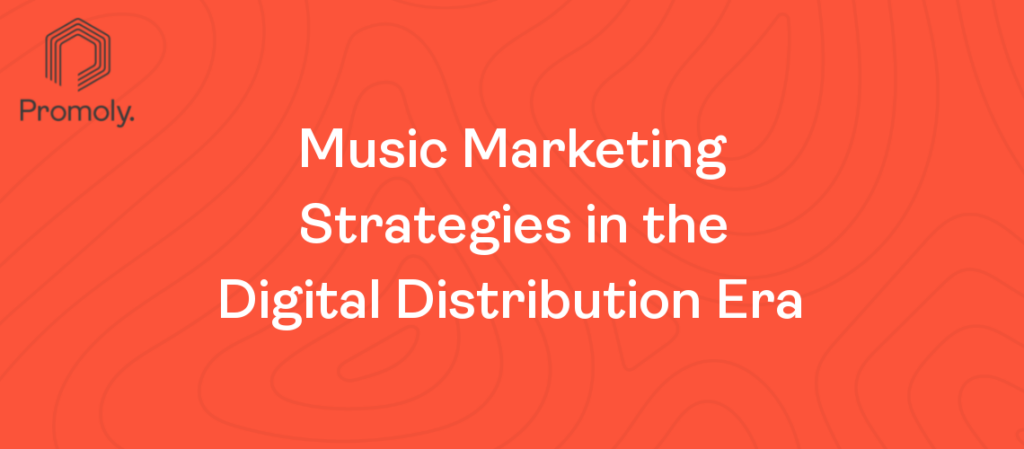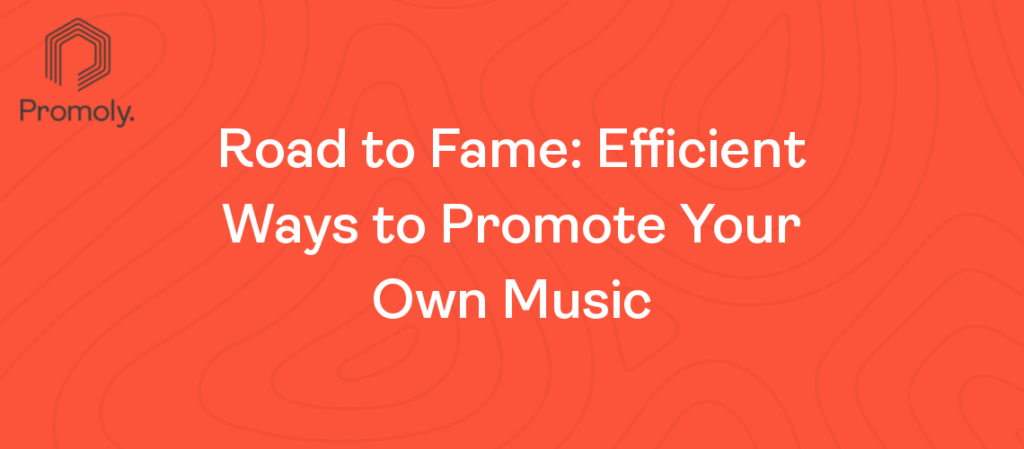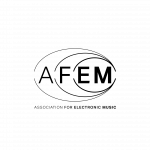With the Internet so ingrained in our culture, it’s easy to forget that it’s only a fairly new creation. We use it to pay our bills and do most of our communicating. We even do most of our shopping online nowadays.
We also use the Internet to listen to the majority of our music. But this method of listening and discovering music has only been in practice for the last 20 years.
Digital music marketing is constantly evolving and redefining the music industry. But how has it changed the ways we listen to music and how musicians create it?
Blast from the Past
Let’s take a little journey back in the past. Because back in the “olden days”, musicians marketed themselves quite differently than today.
People used to learn about concerts on a word-of-mouth basis. Bands passed out fliers and people told their friends about upcoming gigs.
Musicians hustled and pushed to get airtime on the radio. And if they were lucky, they signed with record labels, making it to the big time. But even if musicians didn’t make it big, they could still make their own records, tapes, and CDs.
Musicians continue to record CDs and records. But how they market their music today is a far cry from yesteryear… and we have the Internet to thank for that.
The Role of the Internet
Even in the early days of dial-up Internet, bands had websites. People could talk about music more openly on chat rooms. But once online music streaming became a thing, digital music marketing changed forever.
Rewind back to the late 1990s. You may be able to recall a little online music service known as Napster.
The service pioneered the concept of digital audio file sharing. But the magnitude of Napster was far from little. On Napster, practically any song ever recorded was available to your listening ears – and at no cost.
Napster inspired a long line of online streaming and sharing services. There was Kazaa, Limewire, BitTorrent, and Rhapsody (to name some.)
With these types of services, musicians could create digital audio files. They could upload entire albums or record individual songs. They could then share these files for listening ears to discover.
The Role of Social Media
As the Internet grew more sophisticated, so did websites. Musicians could publish their tour dates online and market themselves that way. Eventually, buying concert tickets online became a thing, too.
Then, social media came on the scene, changing the digital music marketing game once again. But this time, it had a direct effect on the nature of music fandom.
Fan bases had always existed (Hello, Beatlemania.) But early social networks harboured and nurtured music communities.
Networks like Myspace not only made it possible for bands to upload their music. They could also interact with their fans from all corners of the globe.
There were bands and musicians who made it big on Myspace. Arctic Monkeys, Lily Allen, and Panic! At The Disco spun huge fan bases from Myspace alone.
Facebook & YouTube
The phenomenon of Facebook changed a lot of things. But one of the things it did was pave the way for mass music sharing.
Before YouTube, MTV birthed the concept of music videos. But people needed to pay for cable in order to watch MTV, VH1, and BET.
Unlike these cable networks, YouTube is free to use. Musicians can also upload their own music videos without the backing of a record label.
There has been a long line of musicians who’ve made it big on YouTube. Justin Bieber, Lana del Rey, Gotye, and Katy Perry are just a few examples. But even small-time musicians can go viral on YouTube and rack up new fans.
Modern marketing in the music industry has certainly made it easy to discover new music. But it also allows a space for musicians to connect with their fans.
Take Instagram, for example. The photo-sharing platform may not be directly correlated to social media music marketing. But it has a seismic effect when it comes to branding yourself as a musician.
No one is a better example than Beyonce, who has not only used the platform to hint at and build up album releases. She has also marketed her line of clothing all while giving fans an inside look into her personal life.
Or, take someone like Cardi B, who was an Instagram star before she became a famous rapper. Platforms like Instagram allow a rawer, more candid look into the minds behind the music.
And that’s what music fans really want… a personal connection to the people who make the music they love. Whether it’s by a photo of someone’s food or a live video of a concert – social media makes this connection possible.
Discover More on Digital Music Marketing
Marketing in the music industry is as ever-evolving as it has ever been. Not only are we able to plug in and listen to the majority of our music online. Musicians have so much more opportunity to record and share their music than ever before.
Decades from now, digital music marketing could look very different once again. But one thing will remain certain through all the changing times:
The soul of music will always be there, as strong as ever.
If you’re looking to spread your music to all corners of the globe, it all begins with networking. With digital marketing the way it is today, networking is easier than ever. Discover how to network your music and make it big in the music industry!
